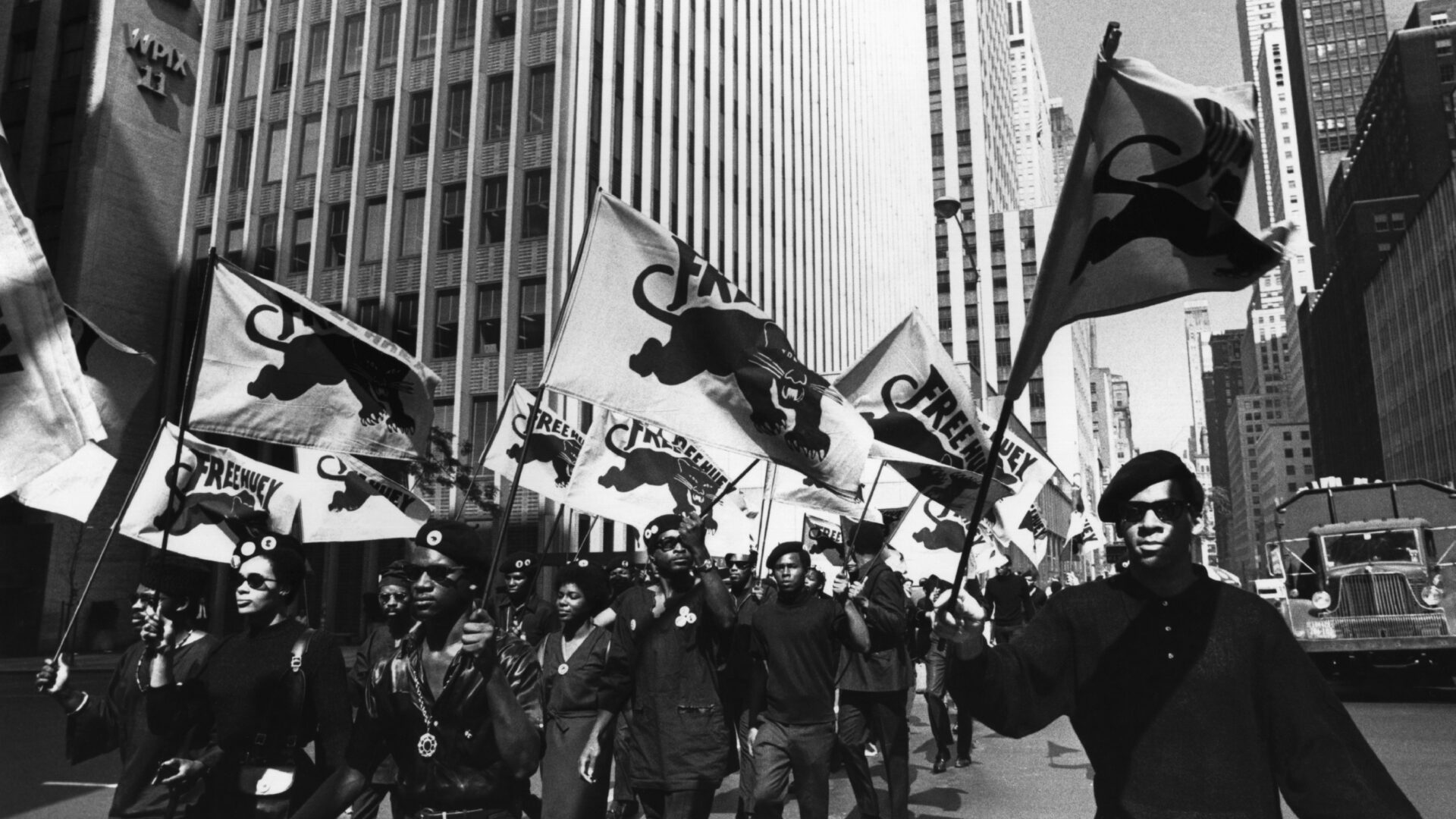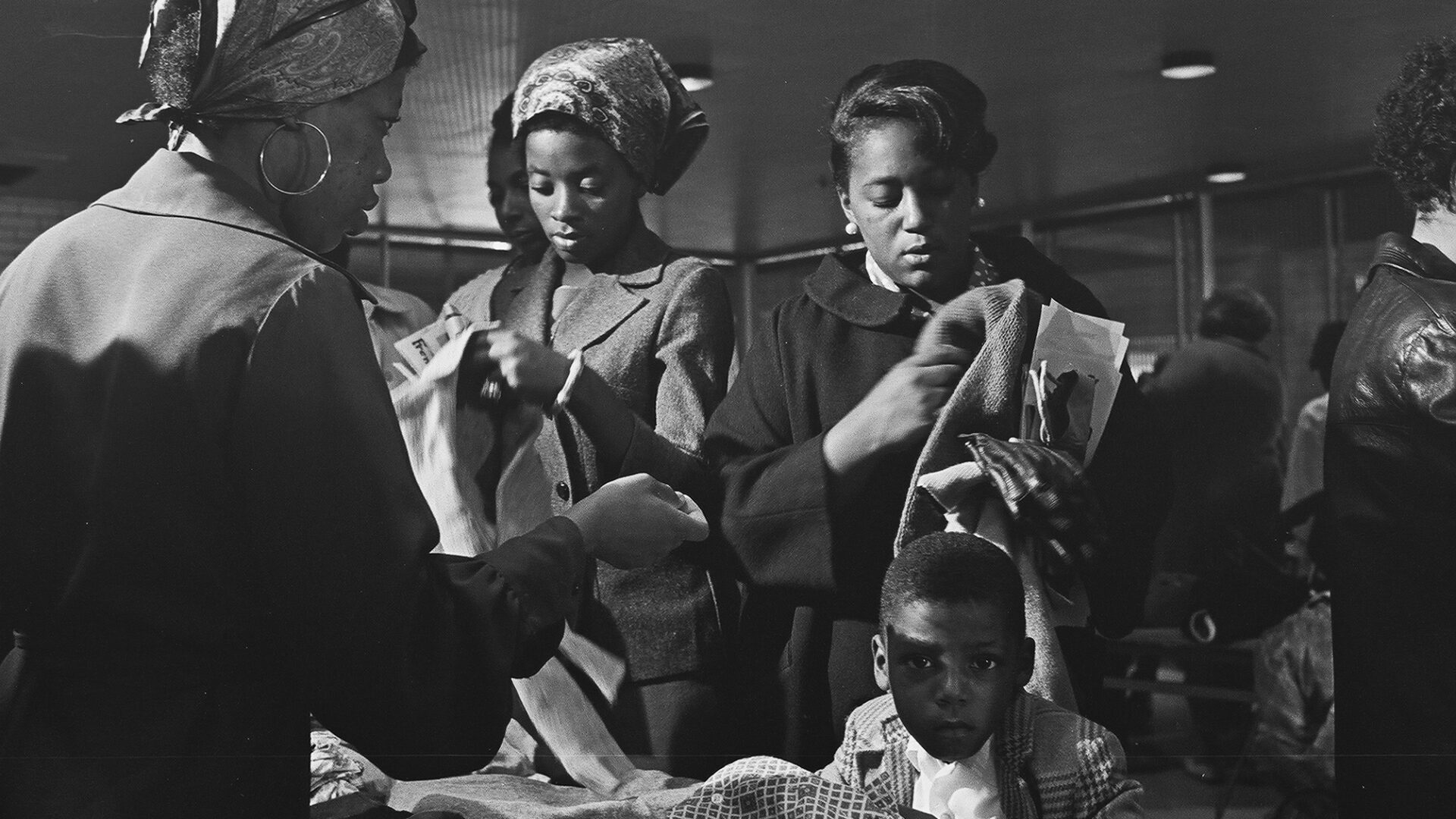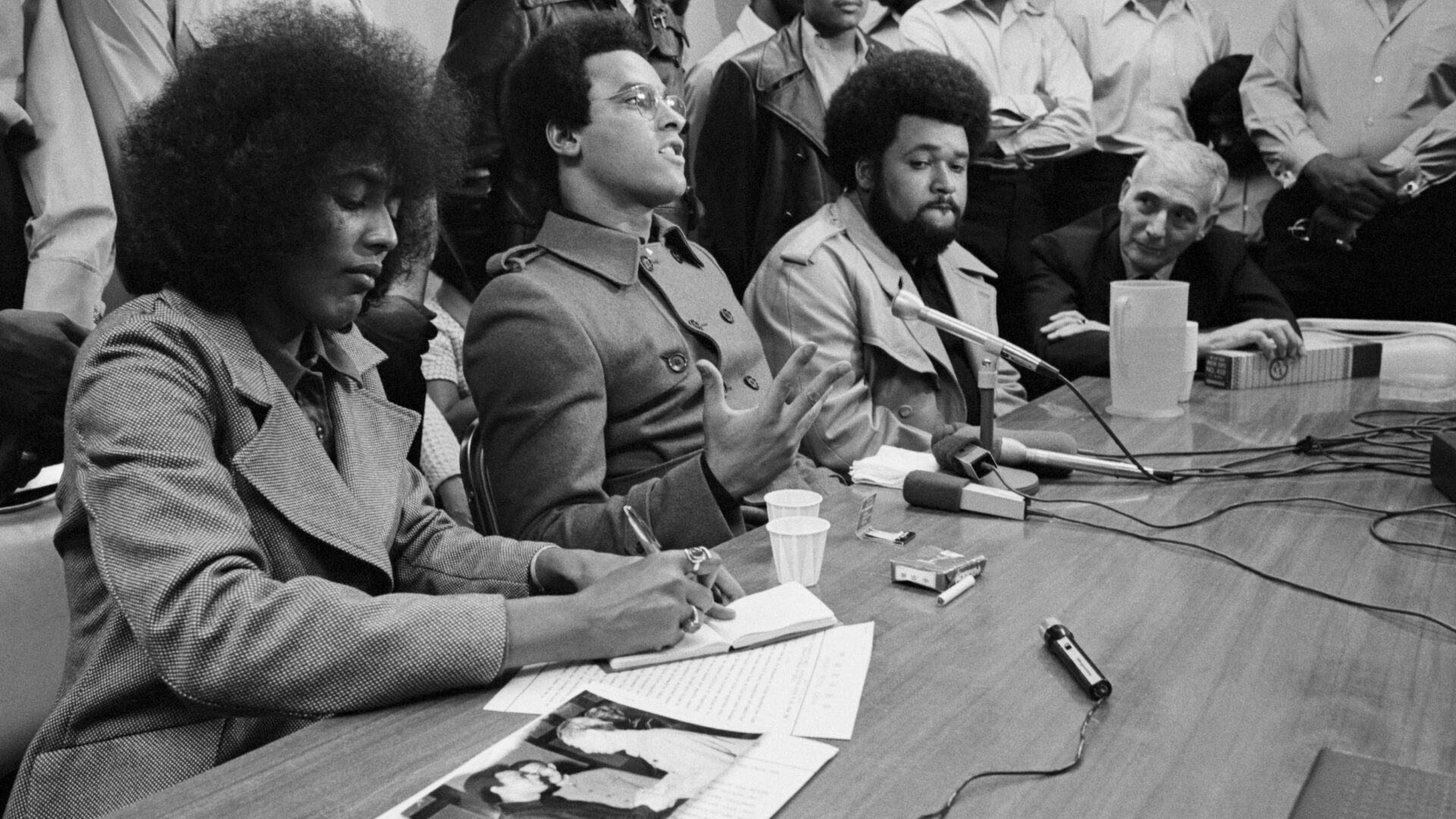
Activism has become a pivotal word in the vocabulary of Gen Z’ers. From the 2020 racial reckoning to the endangerment of education for the next generation. Throughout the years, social media has heightened awareness surrounding severe political issues. Though Zillennials are considered the outspoken generation, they are simply following the blueprint of The Black Panther Party. Founded in 1966, Huey Newton (who was 19) and Bobby Seale (who was 25) wanted to create a community to confront politicians, challenge the police and be protectors of Black citizens. The party served as a safe space and a place for resources. By providing food, clothing and transportation, they implemented steps to regain their power in the community and curate a global revolution.
Through crucial goals, including freedom, employment, housing and peace, the Panthers were adamant about the progression of citizens in their communities. Throughout the legacy of the Black Panther Party, the main principles included equity for Black people and not having to serve as sacrificial lambs during the war, injustices and more. “We believe that Black people should not be forced to fight in the military service to defend a racist government that does not protect us,” Newton and Seale wrote in their speech delivered at the Kaleidoscope Theater. “We will not fight and kill other people of color in the world who, like Black people, are being victimized by the White racist government of America.”

A young boy stares at the camera while members of the Black Panther Party distribute free clothing to the public, New Haven, Connecticut, September 28, 1969. (Photo by David Fenton/Getty Images)
Read ‘Here’s How Angela Davis’ Impact Lives On Through Gen Z’
With a firm stance on improving the Black community, those same principles apply to Gen Z’ers as the fight toward progression is prevalent today. From police brutality to student loan debts, the cycle continues to repeat itself. The youth is fed up with seeking validation from government officials and wants to take matters into their own hands. According to a survey conducted in 2023, 15 percent of Gen Z adults in the United States said they had attended a rally or demonstration compared to eight percent of Millennials and Gen Xers. Gen Z adults were also the most likely generation to volunteer for a group or a cause, at 30 percent.
As social media grows, the parallels between Zillennials and the Black Panther Party are clear. Through campaigns for prison reform, voter registration and literacy, these are still issues occurring in real time decades later. “Education is everything, and I believe that literacy is freedom,” Marley Dias said at the 2023 GU Disruptor Summit. Gen Z continues to show the importance of amplifying grassroots activism through social media. Throughout the last election season, we’ve seen a shift in how Gen Z and Gen Alpha educate themselves on what happens within their backyard and take that information online to spread awareness.
Read ‘Zillennial Activists Discuss What It Takes To Be An Effective Leader’

View of Black Panther Party leader Huey P Newton during a press conference, San Francisco, California, October 8, 1971. He had just returned from China where he met with Chinese leader Zhou En-Lai. (Photo by Bettmann/Getty Images)
The legacy of the Black Panther Party continues to resonate through contemporary activism. As digital platforms continue to evolve, the next generation sees the importance of looking at issues at the local level. Figures like Justin J. Pearson continue to show how crucial it is for Gen Z’ers to have representation and a voice to speak for the community. “You cannot forget where you came from,” HBCU activist Kamarie Brown said at the GU Summit. “My biggest thing is to remember to pay it forward.”
The approach the Black Panthers started continued with Gen Z as they created their own initiatives that focused on mutual aid and educational programs. In an era marked by the rise of social media and increased awareness of systemic racism, young activists have mobilized online and offline to demand accountability and advocate for police reform. The Black Lives Matter movement reflects the work that still needs to be done. The senseless killings of Trayvon Martin, Michael Brown, and Breonna Taylor, Gen Z’ers, are reflecting the legacy of the Black Panthers through protests, educational campaigns, and direct actions to challenge the structures of oppression that impact marginalized communities.
The intersectionality between Gen Z activism and The Black Panthers is vital as we look at the efforts this generation continues to make toward change. The first step toward progression is to recognize the interconnectedness of struggles against racism, sexism, homophobia, and economic inequality. Young activists are actively working to build bridges between different marginalized groups. This inclusive approach is evident in movements such as the Youth Climate Strike, Mari Copeny’s Flint water crisis initiative and more. Gen Z is forging a path toward a more just and equitable future by drawing inspiration from the Black Panther Party’s legacy of intersectional activism.
About the Author: Kenyatta Victoria is the lead writer for Essence GU, working on all things pop culture, politics, entertainment and business. Throughout her time at GU, she’s garnered devoted readers and specializes in the Zillennial point of view.